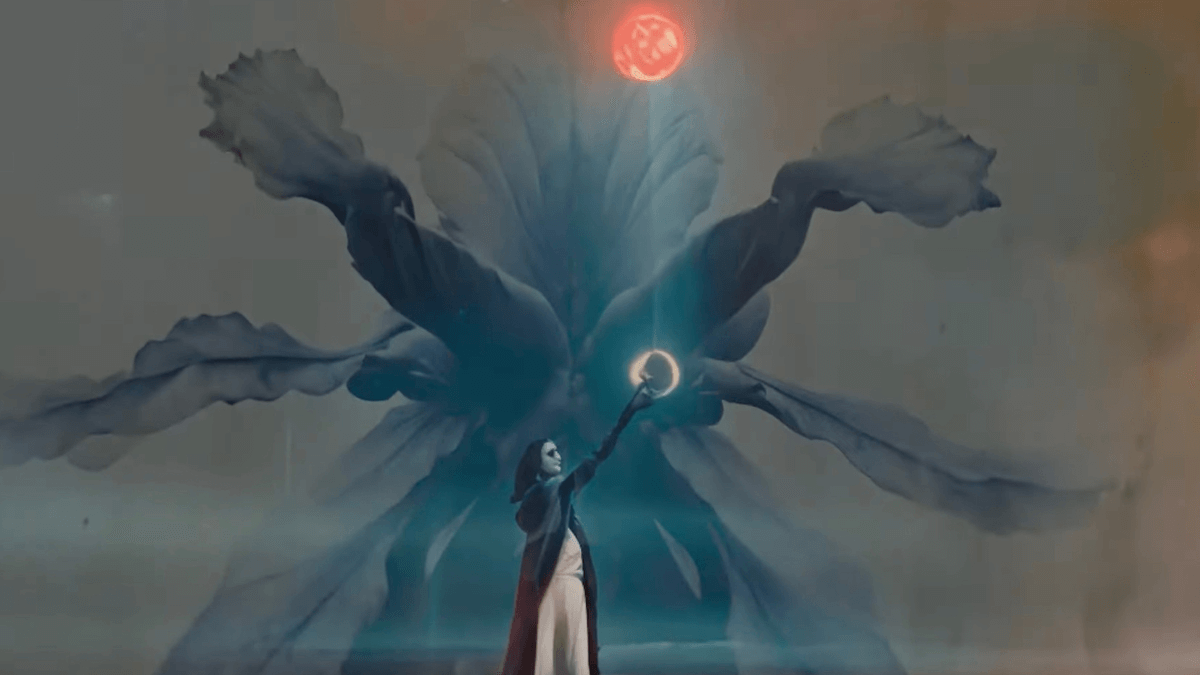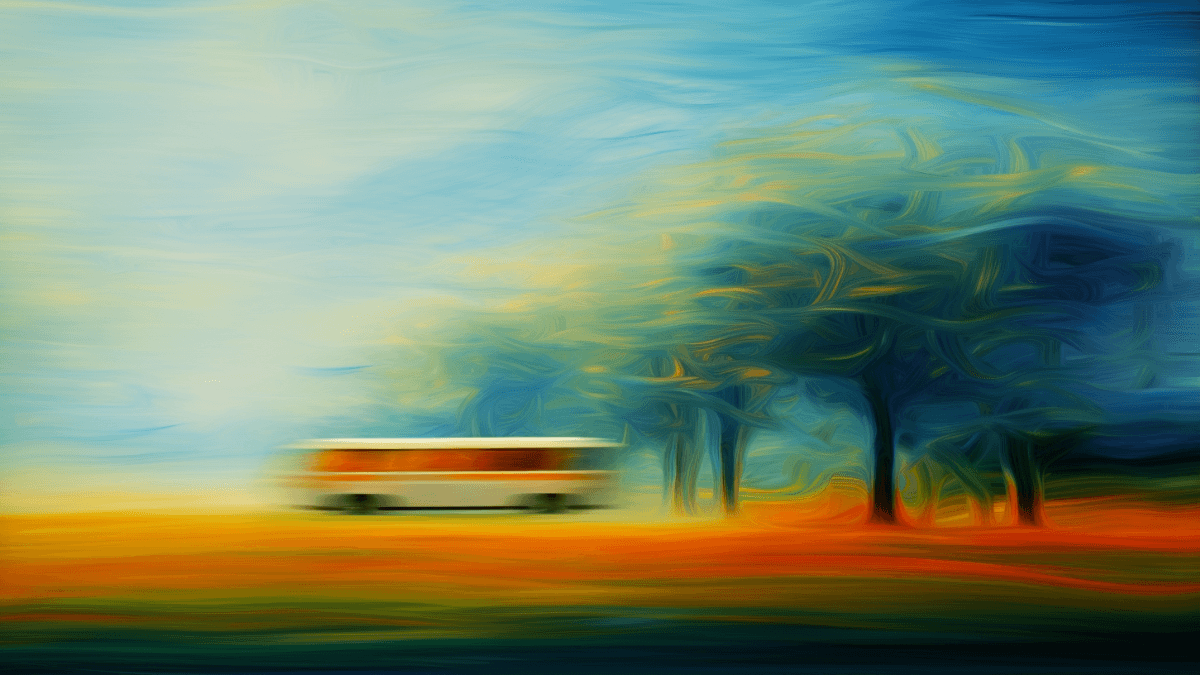If the solution in Eros is always connection, then what is the path to connection? On the path of Eros, what moves us and what we are moved by is desire. Desire is the fuel, movement, and aim of this realm. And yet, there are various gradations of desire: fixation, wanting, true desire, and possession. Fixation is an impostor of desire, rooted in lack of power and marked by a feeling of the mind being gripped. No space exists between wanting and having. Fixation locks onto an object and says, “If I cannot have this, I cannot or will not be happy.”
Wanting carries a meager power, meaning it’s not dynamic enough to bring us into an Erotic state, but it can provide limited or comfort-based relief. The tension of wanting is temporarily relieved by the experience of having. This is the foundation for most of everyday life. We have conditions, and when they are met, we have a temporary experience of happiness. Wanting falls into the realm of diminishing returns. We want the partner, the house, the car, the kids. We eventually have them. We experience a certain happiness.
True desire is the energy that flows in the gap between having and wanting. The interesting thing with true desire is, it can only be accessed by approval of what is. It will not reveal itself until approval activates power and flow begins.
The object is irrelevant and yet true desire will often use an object as an opposing pole we must extend ourselves toward, which in turn activates it.

To practice this as a means of entering Eros is to focus on the energy itself. Just as in an OM (Orgasmic Meditation) we focus on the point of connection between the finger and the clitoris, in the rest of life we focus on the energy between ourselves and the object. In fixation and wanting, we are focused on what we get through the process of activating desire. True desire focuses on who we become in order to be in relationship with it.
Our interest lies in connecting to the desire itself and how well we can listen to it, how accurate our response can be, how true to it we can be, and how we can keep it open when we don’t like what we hear.
We have polarized desire into indulgence or evil when in reality it is the force that will guide us through every aspect of ourselves and the experiences that will open us to our capacity to be intimate with all things. Realized desire is always the desire to be with what is, exactly as it is. It is being with this moment, this stroke again and again and again. There is no desire deeper than this stroke, no purpose greater. It may all converge in hindsight into a great expression of being, but it will only be made up by a stroke-by-stroke meeting of life exactly as it is unfolding in each moment.
People often say, “I denied myself my desires.” Chances are, what they mean is: They deny themselves their wants, which cut off access to the energy of desire. Or more accurately, want or fixation has strangled the raw energy of desire that, if allowed to flow freely, would release the specific conditions dictated by their wanting and fixation without needing to reject them.

There’s always a spot where we can be reached resonantly. We listen for it. Desire, true desire, may say “have this” or “don’t have this.” Either way is fine. We have no issue with receiving because we are clear that we are receiving in order to feed the desire that will allow for greater flow of Eros. Similarly, we have no issue saying no because we are clear that saying no will ensure that the line of Eros does not get clogged. We are permitted to have anything, provided that Eros—through desire—is genuinely calling for it.
The capacity to say no is not more noble or less dignified than the capacity to say yes to phenomena in Eros. Furthermore, no hemming and hawing, pretending or feigning modesty is necessary. There is always, in every moment, only one thing to do. If desire honestly says “move closer” then honestly move closer. If desire genuinely asks us to “move away” then we respond genuinely and move away. If we cannot hear desire, do nothing until we do, but do not get distracted in the process.
A few things to remember here: The voice of desire is always affirmative even when it is saying no. For example, if it says no, it is because there is something else that is more deeply desired.
If it is a grand vision or about who or what we are to become, it is not desire. Desire is economical in its communication. “Turn left.” “Go deeper.” “Listen here.” This is desire. Anything else is an attempt to escape discomfort. Desire will not come and get us; that is fixation.

At some point later in our relationship with desire, likely after we have mended things with it from a lifetime of using the fuel for fixation and want, denying or rejecting or demonizing it by cutting off power, then we may have earned some trust. Until then, it is all about us doing everything in our power to tune in, really listen, and do what it says. True desire is humbling.
Desire is a close associate of the enjoyment element in the pleasure/enjoyment paradigm. But it is definitely not always pleasurable; it takes us entirely out of our homeostasis, our literal comfort zone. Desire says, “Because I am full and have had enough, it’s no longer about acquisition or maintenance, it’s about becoming.”
Finally, there is possession. Possession is the equivalent of a well-formed desire swallowing us whole—where it’s no longer us having desire but desire having us. This is the equivalent to when, in an OM, both people move to the stage of being inside of Eros. It is best experienced as play consciousness where the only desire that exists is to be an aspect of life playing in and with life. Possession has a similar quality to addiction in that it both has a grip and it has us within it. In a sense, it is what life would become if we were entirely without control because this level only opens with a true relinquishing of will.
We would walk through the same life but with a very different capacity to see it as a third-dimensional chessboard. As a result, we would play with reality rather than live at the level of its external effects. We discover what is revealed in the play stage of Eros. We, as the receiver of life, have tremendous power.

A paradox is revealed: We get to have everything we desire, provided it is truly from desire and not our rational wants. We likely don’t know we desire it and will not know until it is attained. We will be used as an instrument of its attainment in dramatic and intense ways that will have us deeply question if we are capable of withstanding this path. At some point, we may or may not stand up and really, truly see it eye to eye. If we do, we are entirely free.
The force of desire from the most fixed to the most dynamic:
Fixation, obsession, addiction
To have good and avoid bad
To fix what is bad
To be taken care of
To have authority in the world
To have as much as one wants of the good life
To fulfill positive conditioning, to be a good person, to serve, to take care of others
To know and be known in the shadow side
To be stretched in skills and purpose, to become a more complex human being
To be deeply connected to other human beings, sharing power beyond conditioning, to know and be known through time in myriad facets
Intimacy with what is/Enlightenment
To take tender care of Eros and those who tend to her Play is the volitional desire to be thrown into any and all of the stations that lie below